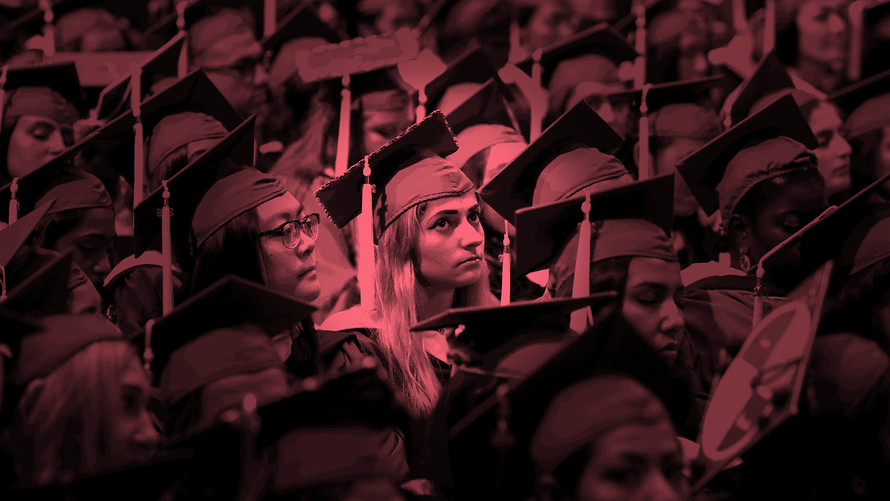Empowerment and Future Prospects
These scholarships act as catalysts for empowerment, enabling students to pursue their educational aspirations. They foster a sense of self-worth and belief in their abilities, motivating them to achieve their goals. The scholarships empower students to not only acquire knowledge but also develop crucial life skills, preparing them for the challenges and opportunities of a post-conflict future. This often leads to higher employment rates and greater economic contribution to their communities.
Long-Term Benefits for Students and Communities
The long-term benefits extend beyond individual students, impacting their communities in profound ways. Educated individuals are better equipped to contribute to economic growth, community development, and social progress. The skills and knowledge gained through education contribute to building stronger, more resilient communities, laying the foundation for sustainable development. Increased educational attainment within a community leads to a ripple effect of positive change.
Success Stories and Case Studies
These programs often have remarkable success stories, showcasing the tangible impact on the lives of beneficiaries. The following table presents examples of students who have benefited from these scholarships and the positive outcomes they have achieved.
| Student Name | Country of Origin | Program of Study | Impact |
|---|---|---|---|
| Aisha | Syria | Engineering | Improved academic performance, secured a scholarship for Master’s studies. |
| Ahmed | Ukraine | Medicine | Maintained focus on studies despite the war’s impact. Received recognition for outstanding contributions in research. |
| Maria | Yemen | Business Administration | Improved understanding of business concepts and strategies. Launched a small business after graduation, providing employment opportunities to others. |
| Yusuf | Afghanistan | Education | Improved teaching skills and educational strategies. Inspired fellow teachers to enhance their skills. |
Challenges and Barriers
War-affected students often face unique obstacles in accessing and benefiting from scholarships. These obstacles extend beyond financial limitations and encompass complex bureaucratic processes, cultural sensitivities, and societal pressures. Understanding these barriers is crucial for creating effective support systems that empower these students to succeed.Navigating the landscape of scholarship applications can be daunting for students displaced by conflict. These students frequently experience disruptions in their education, impacting their ability to meet the stringent requirements of scholarship programs.
Additionally, the emotional toll of war can affect their focus and motivation, making the application process even more challenging.
Bureaucratic and Administrative Hurdles
The application process for scholarships can be incredibly intricate, demanding numerous documents, specific formats, and meticulous adherence to deadlines. War-affected students often face difficulties in obtaining necessary documentation, such as birth certificates, transcripts, or letters of recommendation, due to disrupted records and limited access to administrative services. The process can be further complicated by language barriers and cultural differences in the application process.
- Document Acquisition: Displaced students often have difficulty obtaining official documents like birth certificates, transcripts, and letters of recommendation. The destruction of records during conflicts frequently leaves these students without essential paperwork. This makes the application process significantly more complex and time-consuming. For instance, students might have to travel great distances to obtain these documents, which can be physically and emotionally taxing.
- Language Barriers: Many scholarship applications are written in languages that war-affected students may not be fluent in. This language barrier can hinder their comprehension of the application process, making it challenging to complete the forms accurately and effectively. Furthermore, the language barrier might extend to communication with scholarship administrators, creating further obstacles.
- Administrative Deadlines: Scholarship programs often impose stringent deadlines for applications. Students displaced by conflict may face unexpected delays in accessing information or completing the application forms due to relocation or disruption of their living environment. The timing of deadlines can coincide with crucial periods of resettlement or resettlement, creating additional challenges.
Cultural and Societal Barriers
Beyond the bureaucratic hurdles, war-affected students may face significant cultural and societal barriers. These barriers can encompass cultural norms and expectations that may conflict with the scholarship application process. Students may also face societal stigma, discrimination, or limited access to support networks that can hinder their participation.
